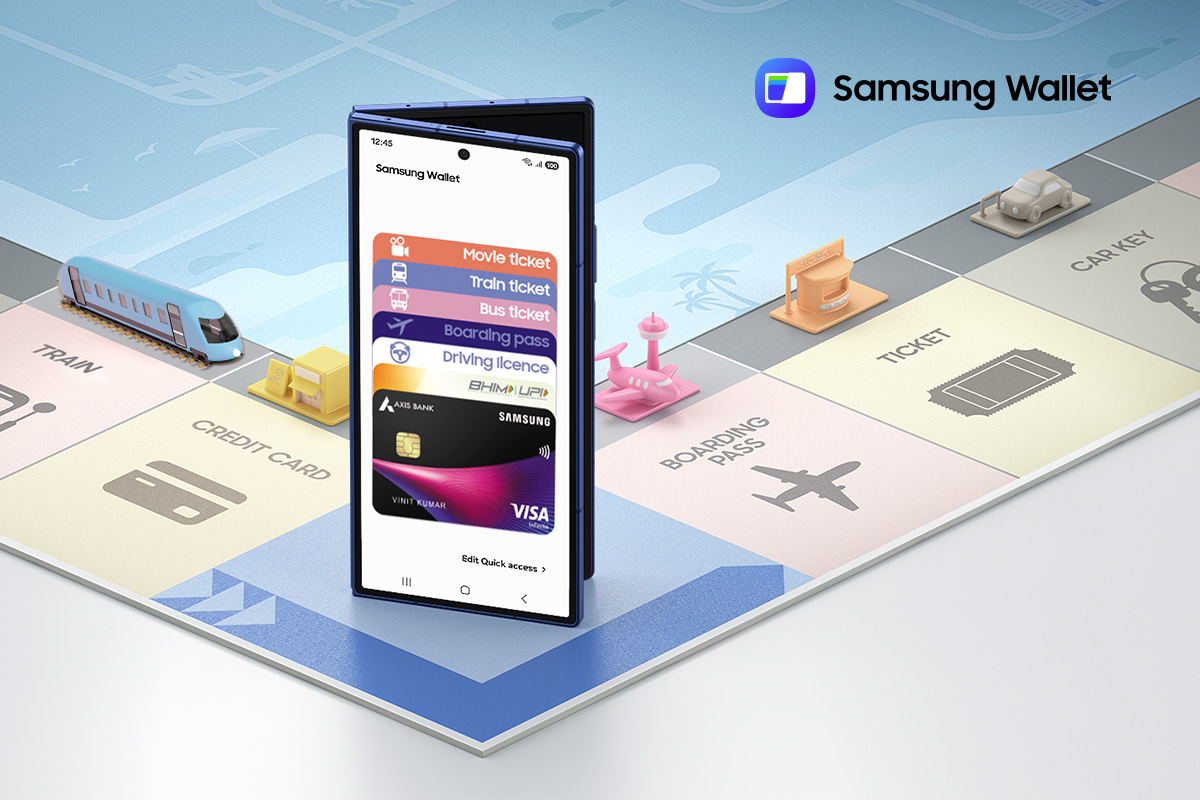In a move that blends user privacy with practical convenience, Paytm has introduced a feature that could really shift how we think about digital transactions. Users can now create personalized UPI IDs—like “yourname@ptyes” or “yourname@ptaxis”—and use them to send or receive money, all without needing to expose their mobile number.
Key Takeaways:
- Paytm now lets users create personalized UPI IDs like “name@ptyes” or “name@ptaxis.”
- This means users can send and receive money without sharing their phone numbers.
- The feature responds directly to user feedback around digital privacy concerns.
- Available through Yes Bank and Axis Bank UPI handles, with wider rollout expected.
- Simplifies transactions while offering stronger user privacy.
It might seem like a small tweak, but this is actually a big deal. Until now, most UPI IDs were directly tied to a user’s phone number, which made things easy—but also meant giving out personal contact info to practically anyone you transacted with. Think delivery people, local shops, even strangers in a marketplace. This new option essentially decouples that identifier from your number, giving you more control over who sees what.
Currently, the feature is available to Paytm users whose UPI handles are linked through Yes Bank or Axis Bank. However, Paytm says it’s working on expanding this to other banking partners soon. So, if your bank’s not supported yet, chances are it will be in the near future.
A Direct Response to User Concerns
Paytm hasn’t shied away from acknowledging where this change is coming from. A company spokesperson explained, “We have introduced personalized UPI IDs to offer more choice and privacy in payments. We heard the feedback from our customers who wanted to keep their mobile numbers private, and built this solution to address that need.”
It’s refreshing to see a fintech company actually responding to user input—especially in such a visible, meaningful way. Too often, feedback ends up buried in support tickets or forums. But here, it’s sparked a tangible, user-first update.
Setting up your personalized ID is also pretty straightforward. Just head to the Paytm app, tap on your profile icon, then go to “UPI Settings,” followed by “Manage UPI ID.” There, you’ll have the option to pick a custom ID and set it as your default. No complicated steps, no extra charges—just a cleaner, more private way to pay.
Beyond Privacy: Making Payments a Bit Easier
Of course, while privacy is front and center, there’s another benefit here—usability. Let’s be honest, remembering a random string of numbers isn’t exactly convenient. A simple, personalized UPI ID can be easier to recall, easier to share, and way less prone to typing mistakes.
That’s especially handy for people who manage a lot of small transactions—freelancers, shop owners, even folks handling household budgets. A neat, memorable handle gives your digital identity a cleaner, more professional touch.
And the timing couldn’t be better. According to the Reserve Bank of India’s FY25 annual report, UPI handled a staggering 185.8 billion transactions last year—yes, billion. That kind of scale demands solutions that balance convenience with trust. And clearly, Paytm is aiming to deliver both.
Part of a Bigger Privacy Push
This isn’t Paytm’s first attempt to give users more control over their financial data. Over the past year or so, they’ve rolled out features like hiding or unhiding individual transactions and providing a consolidated bank balance view across accounts. The goal? To help users feel less like they’re handing over the keys to their financial life every time they tap “send.”
With personalized UPI IDs, that mission continues. It’s a small feature with a ripple effect—one that makes you think twice about how much information you’re actually sharing when you pay someone.
Why It Matters in the Bigger Picture
In a digital payments ecosystem that’s becoming increasingly crowded—and competitive—this kind of privacy feature isn’t just a bonus. It’s essential. Other platforms may offer similar personalization, but Paytm’s move underscores its desire to stay ahead of the curve, especially with users who are becoming more privacy-aware.
More practically, the benefits extend across everyday scenarios. Whether you’re paying at a local tea stall, splitting a bill with a new acquaintance, or settling your electricity bill—there’s now an extra layer of comfort in knowing your number stays yours.
As India continues its rapid shift towards a more digital, less cash-reliant economy, features like these aren’t just helpful—they’re expected. They signal a maturing market where users want more than just speed; they want safety, clarity, and control. And in that sense, Paytm’s latest rollout feels both timely and necessary.



















